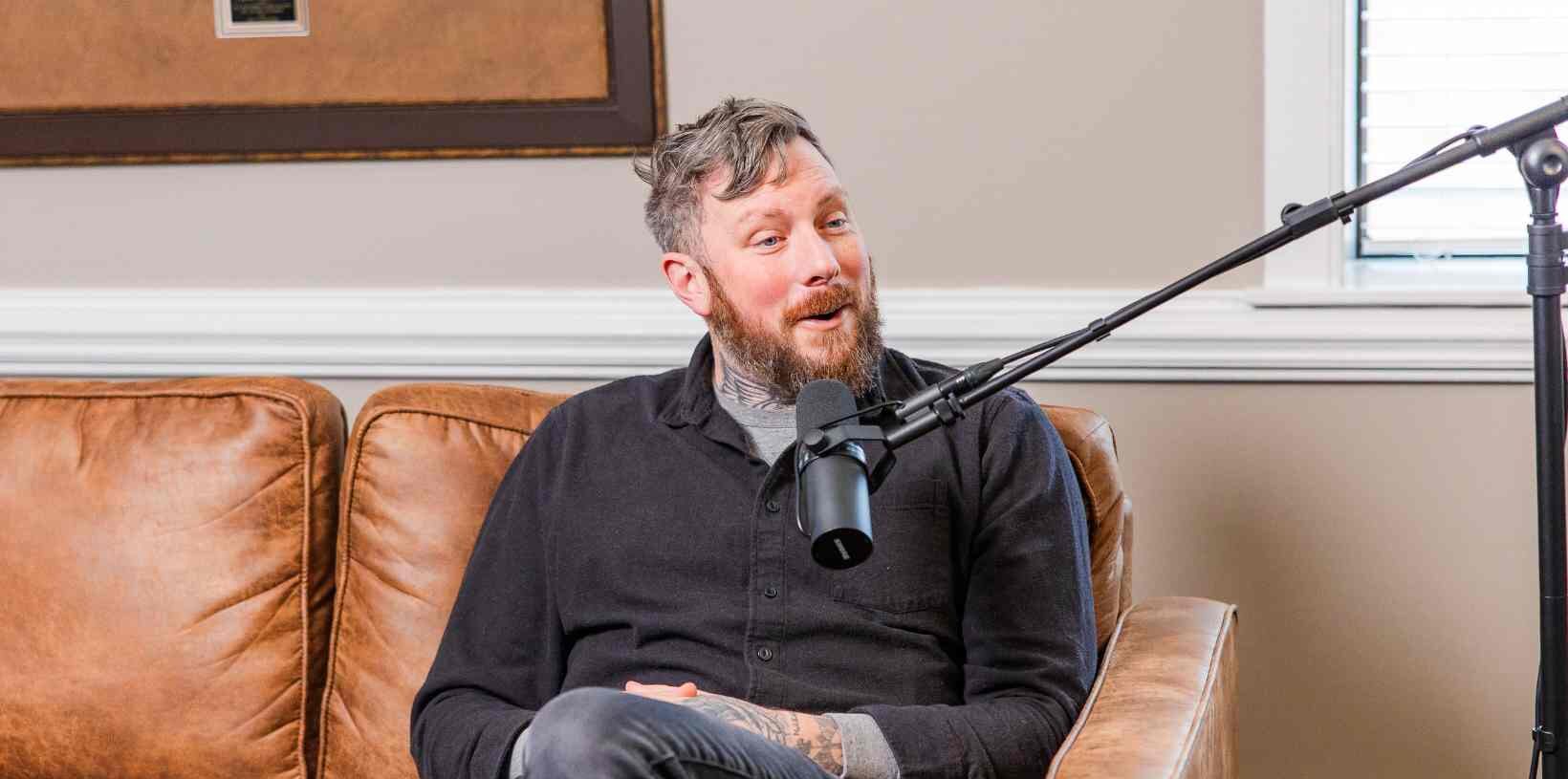The phone rings, and as you answer, you’re informed of a collect call from the regional jail. With a heavy heart, you anticipate the familiar request for bail money. Each time, you’re faced with the same internal debate: should you help again? You wonder, “How do I handle these empty promises?”
“This time will be different,” they assure you.
“There’s a different tone to their voice this time.”
“Perhaps they’ve hit rock bottom.”
“They’ve promised to get help.”
“Will this time be any different?”
Hope battles skepticism. You long for that genuine cry for help, but is this truly it? Or is it merely a plea for temporary relief from their mistakes?
While you might never have received a call from jail, perhaps you’ve dealt with someone battling addiction. Maybe it’s a late-night confrontation after they come home intoxicated or a plea for financial aid after squandering their paycheck.
These scenarios occur all too often. We vow to stand by our loved ones, but how do we discern genuine intent from empty words? Supporting an addict presents a daunting challenge: distinguishing genuine pleas for help from mere manipulation.
The solution? Boundaries.
Dr. Henry Cloud’s insightful book, “Boundaries,” delves deep into this topic. If you haven’t encountered it yet, I highly recommend adding it to your reading list.
Cloud defines boundaries as: “Boundaries define us. They distinguish where we end and others begin, instilling a sense of ownership. Recognizing our own responsibilities liberates us, offering a plethora of choices. Boundaries protect us, maintaining our well-being while fending off harm. Establishing boundaries inherently means taking responsibility for our choices and their repercussions. Owning our thoughts and rectifying misconceptions is vital.“
To genuinely aid someone, we must ascertain our limits. We cannot allow guilt or emotional ties to cloud our judgment. Boundaries provide clarity. They empower us to make informed decisions, preventing us from being swayed by emotional blackmail. Boundaries establish that while we wish to assist, we’ll do so on our terms. They prevent us from making rash financial decisions, like maxing out a credit card for bail, only to spend weeks in anxiety, hoping for a court appearance.
Setting boundaries is imperative. While our instinct is to help those we love unconditionally, we must act rationally. Falling prey to empty promises doesn’t truly assist them. Take a stand this week: establish a boundary with your loved one. Build a life where you can confidently say you made informed decisions and did everything in your power to help.



